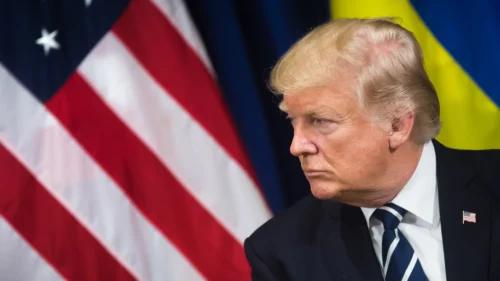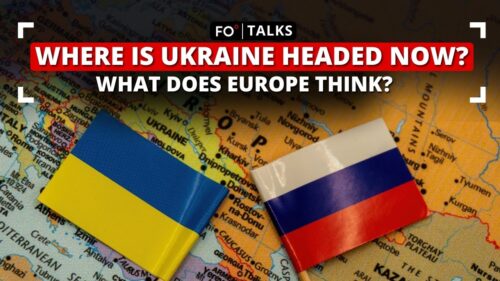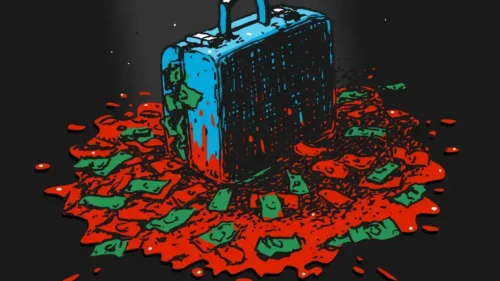[On December 31, 2024, we predicted seven developments for 2025 and boldly went where only fools, angels and astrologers dare to go. So, what can we expect in 2025? To borrow words from the military, a more volatile, uncertain, complex and ambiguous (VUCA) world. This is Part 4 of a seven-part series. You can read Part 1, Part 2 and Part 3 here.]
Russia and Ukraine have been at war since February 24, 2022. Casualties have mounted, and economies are under strain. Russia has been slowly but relentlessly gaining Ukrainian territory in a battle of attrition. Western support for Ukraine has been wavering. Neither France nor Germany has a budget for 2025 partly because of political disagreements over Ukraine.
US President Donald Trump’s reelection changes the equation as well. He will not support Ukraine as strongly as his predecessor Joe Biden did. So, there will be pressure on Ukraine to sue for peace.
Can Russia sustain the war?
Former CIA officer Glenn Carle and Fair Observer Editor-in-Chief Atul Singh disagree on their reading of Russia. The former sees the Russian economy as under strain. Russian foreign exchange reserves are decreasing and inflationary pressures are increasing. The country has overinvested in the military and other sectors are suffering. The ruble is tumbling. Carle estimates that Russia cannot prosecute the war forever.
Singh takes a different view. He points out that, while prices are rising, so are wages. Ironically, Western sanctions have benefited Russia by preventing capital flight. Money is no longer flowing out to buy yachts in Monaco or football clubs in London. Now, the capital stays home, creating a domestic multiplier effect. Sanctions have also forced Russia to reindustrialize. Besides, GDP figures can be deceptive. Western countries with higher GDP have a smaller manufacturing base than Russia’s. Also, sanctions have not entirely worked because developing country purchases have replaced European demand for Russian fossil fuels.
Ukraine and Europe’s strength are low
Given Russia’s size and resources, it can take greater pain than Ukraine. Ukraine’s economy has cratered, shrinking by as much as 30% according to some estimates. Ukrainian men have fled the country at higher rates than their Russian counterparts. Ukraine is simply running out of cash and men.
Unsurprisingly, Europe is losing its nerve. The German far-left and far-right both want the war to end and blame it — along with American protectionism — for deindustrializing their country. Traditionally, Germany has been a high-tech manufacturing powerhouse. Now, it is in crisis. So is France and so are many other European countries. Given these trends, Singh believes that some sort of peace or ceasefire deal should occur by the end of the year.
[Anton Schauble and Lee Thompson-Kolar edited this piece.]
The views expressed in this article/video are the author’s own and do not necessarily reflect Fair Observer’s editorial policy.











































Comment